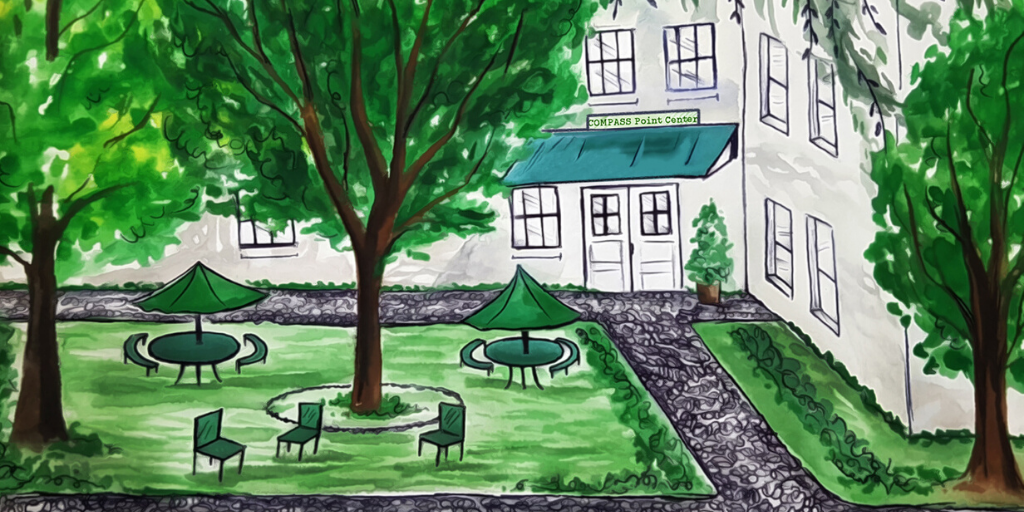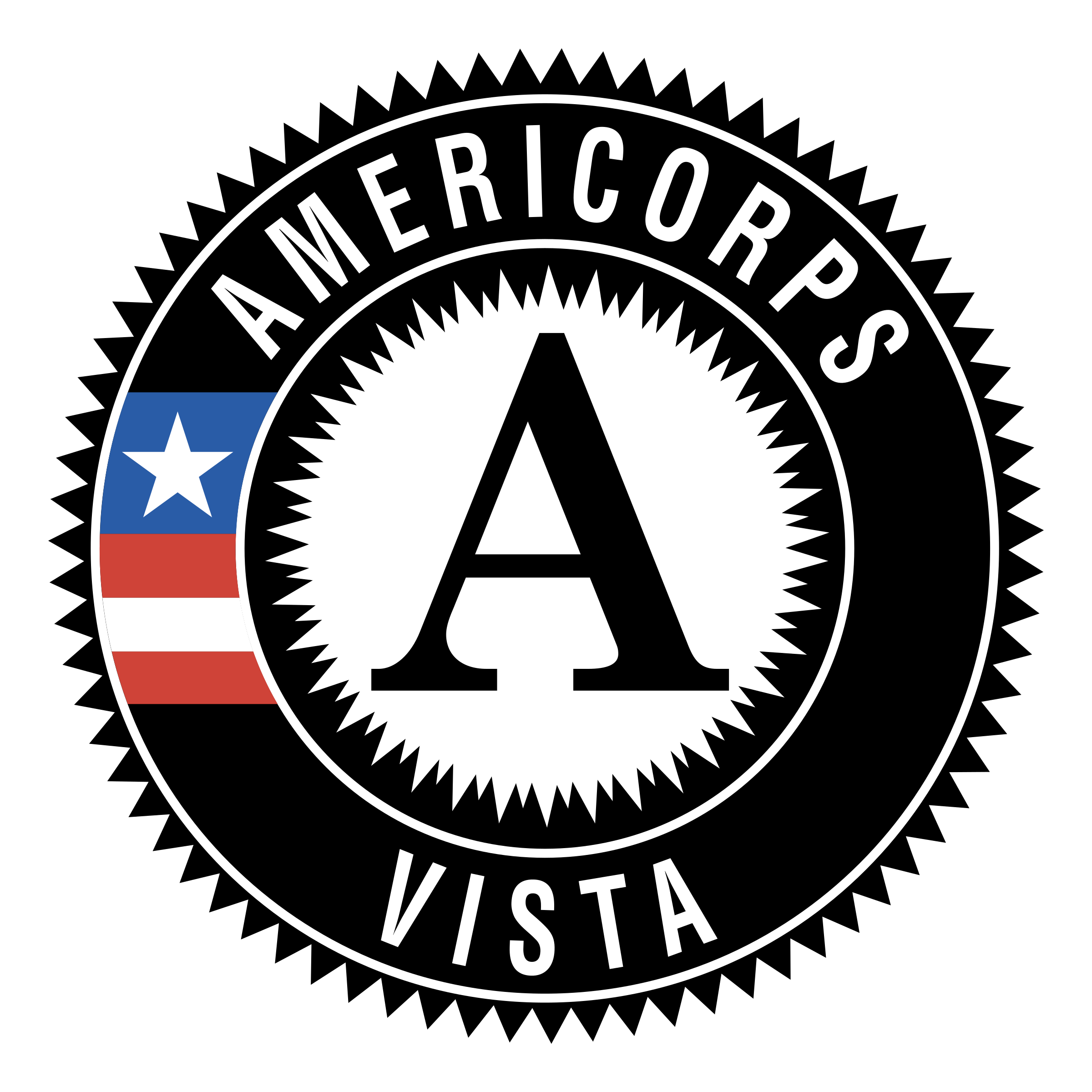
Youth who have aged out of foster care have a variety of struggles and needs. The Compass Point Drop-In Center, opening Spring 2020, will face these issues head-on and provide much-needed resources to every transitional aged youth (TAY) in the surrounding communities.
These young adults have the same aspirations as their peers but have to fight much harder to achieve them. Many are homeless, looking for work, and trying to attend school while lacking a foundation to make this possible. Compass Point will provide a safe space to meet the needs of the TAY, whatever those needs may be.
This includes:
1. A trauma-informed team designed to support TAY in learning independent living skills.
Many children in foster care move homes an average of 6 times before aging out of the foster care system. Throughout these moves more is lost than just their neighborhoods and belongings. They also lose out on learning the basic skills necessary to navigate through society. Skills like budgeting, etiquette, filing out a tax form, applying for insurance, and more. The staff on-site will help every TAY learn the skills they need to become self-sufficient.
2. Service providers from WIC, ILP, LAHSA, and more.
Youth who have aged out of foster care struggle to meet their basic needs like finding their next meal or a safe place to sleep. Luckily there are resources available to provide housing and healthy food to these youth if they know where to look. Professional representatives will be available to connect youth with appropriate programs and guide them through the application processes.
3. On-site WorkForce training
Humans are not born with the knowledge and skills needed to find employment. Knowing how to dress and behave in an interview or in a workplace is a learned skill many transtitional aged youth lack. The WorkForce Training professionals will assist these young adults in learning how to obtain and maintain employment and provide linkages to paid internships in the community.
4. Peer-led groups
Compass Point will offer peer lead support and encouragement groups. These groups are created to reflect the needs and interests of the participants and range from LGBTQ affinity groups to parenting groups, college readiness groups, and former foster youth support groups.
5. On-site tutoring
Often times children in foster care fall behind in their academics and many fail to graduate high school. Frequent moving, school absences, developmental delays caused by abuse or trauma, and mental health all contribute to this fact. Tutors are available to help youth with their academics and support them as they obtain their GED, high school diploma or advance onto tertiary education.
6. A full kitchen and stocked pantry
Most TAY face food insecurities. The drop-in center features a full kitchen and stocked pantry, enabling youth to cook and eat healthy meals and snacks. Culinary lessons will also be available, ensuring the youth learn to make healthy affordable meals.
7. Laundry facilities and lockers
Many of these youth are homeless and having a place to clean their clothes and store their belongings can be life-changing. Especially for those who are actively seeking employment or enrolled in school. Appearance is vital to their self-esteem and overall success.
8. Full bathrooms and showers
Along with clean clothes, a clean body is absolutely necessary for youth to look their best and feel their best. Every human deserves a hot shower and the drop-in center provides this for all TAY in the community.
9. A computer lab with printer access
In this day and age having a computer and printer is a necessity. These tools enable youth to accomplish so much, from school research to applying for jobs and government assistance.
10. A comfortable lounging area
Having a safe space to relax and build social skills is the icing on the cake. These youth work so hard to get through every day and having a comfortable place to relax with their peers is essential to their overall well-being.
These resources will enable transitional aged youth in the community to take care of their everyday concerns so that they can learn the skills necessary to be self-sufficient, build their confidence and ultimately reach a level of success where they can be truly independent.
The Compass Point Drop-In Center is one of the various COMPASS programs at David & Margaret dedicated to Creating Opportunities and Making Personal Advancements to Self-Sufficiency for youth with a history of foster care.
Sign up for the David & Margaret monthly e-newsletter here.








